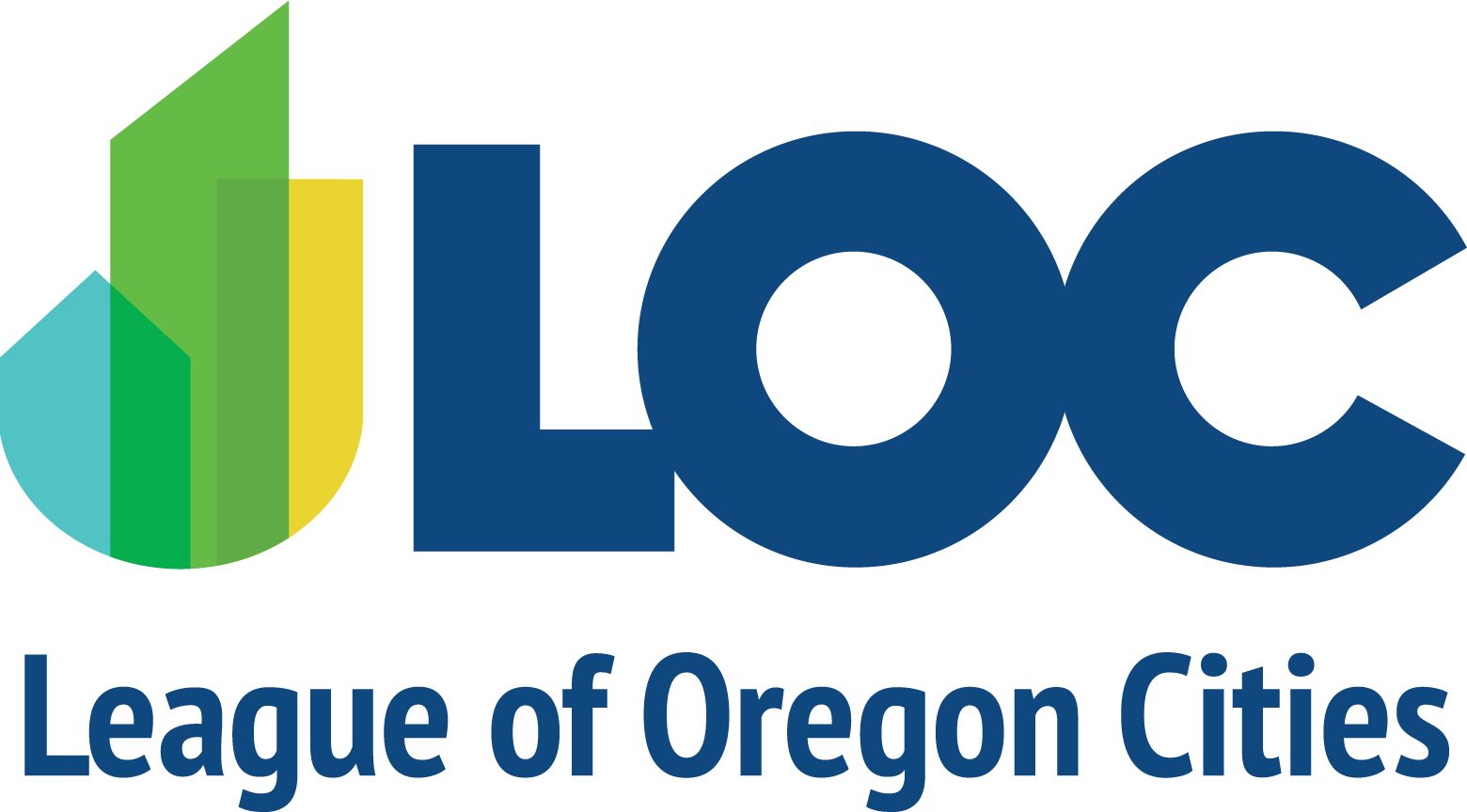System Development Charges
A system development charge (SDC) is a one-time fee imposed on new development to equitably recover the cost of expanding infrastructure capacity to serve new customers. SDCs are not taxes—they are collected for a specific purpose and provide a distinct benefit to the persons who pay the fee. SDC revenue is restricted by statute, and SDC revenue must be used to provide needed capital improvements.
SDCs represent a valuable tool for cities to ensure that public facilities keep pace with new development by distributing the costs of increased services on new development, not on existing development. SDCs can be costly to develop and complicated to administer, however, and may not be appropriate for every community. A community interested in implementing an SDC ordinance should evaluate: its current and projected levels of growth; whether existing infrastructure can accommodate new development; and whether the community has a plan for future improvements to infrastructure to accommodate future growth. Any SDC ordinance and development plan should be tailored to reflect growth projections and zoning code requirements, as set out in a city’s comprehensive plan. Finally, cities are strongly encouraged to utilize their city attorneys in the drafting and passage of any SDC ordinance and development plan.
